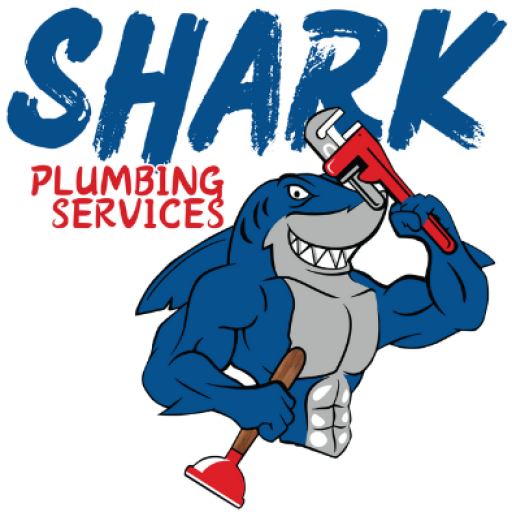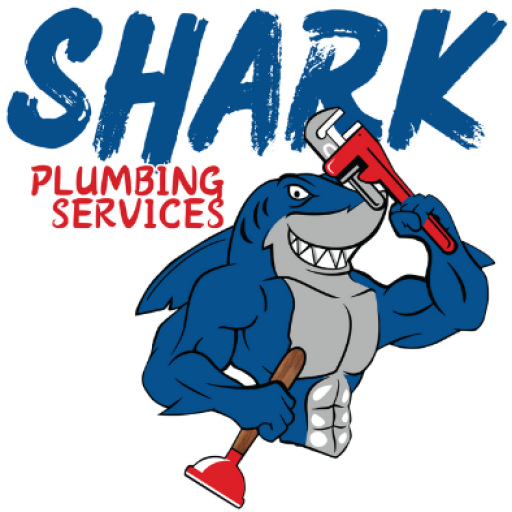Frequently Asked Questions
Find Answers to the most common Questions about our Plumbing Services.
Honesty and Transparency in every Plumbing Service we Provide.
Our goal is to build lasting relationships with our customers based on integrity and trust, ensuring that you feel confident and informed every step of the way.
When you choose us, you can trust that we will always be upfront and clear about the work that needs to be done, the associated costs, and the timeline for completion. Our goal is to build lasting relationships with our customers based on integrity and trust, ensuring that you feel confident and informed every step of the way.
We believe that honesty is the foundation of exceptional service, and that’s why we prioritize open communication and straightforward dealings with our clients. From the initial consultation to the completion of the job, you can count on us to be honest about the condition of your plumbing system, the recommended solutions, and any potential issues that may arise. With Shark Plumbing Services, you can rest assured that you are receiving reliable and transparent service that puts your needs first.
FAQ's
About our Services

What plumbing services does our company offer?
Shark Plumbing Services offers a wide range of plumbing services, including pipe repairs, faucet installations, drain unclogging, leak repairs, and more. Contact us to verify if we provide the service plumbing you need.
In what areas do we provide our plumbing services?
We cover a broad range of areas, including San Jose, Santa Clara, Milpitas, Los Gatos, Atherton, Saratoga, Campbell, Los Altos, Menlo Park, Palo Alto and other nearby locations. Contact us to verify if we provide services in your specific location.
Do we perform plumbing services in residential and commercial properties?
Yes, we offer plumbing services for both residential and commercial properties. Our plumbers are trained to address a variety of situations in both types of properties.
Can you help us with plumbing issues in our kitchen or bathroom?
Absolutely! Our expert plumbers can assist you with any plumbing issues in your kitchen, bathroom, or other areas of your home or business. From fixing faucets to repairing leaks, we are here to help.
Do we offer 24/7 emergency services?
Yes, we understand that plumbing issues can arise at any time. That’s why we offer 24/7 emergency services to address your urgent plumbing needs at any time. You can count on us!
Do You Have any other Questions or are you Ready to Request our Services?
We will be happy to address your questions or requests.
FAQ's
About Our Work Processes

How do we approach the initial assessment of a plumbing issue?
We begin by conducting a thorough inspection to identify the root cause of the problem and determine the best course of action to resolve it effectively.
What steps do we take to ensure quality and efficiency in our plumbing services?
We follow strict protocols and use high-quality materials and tools to deliver top-notch results that meet and exceed our clients’ expectations.
How do we handle scheduling and coordination for plumbing projects?
We carefully plan and coordinate each step of the project to ensure timely completion and minimal disruption to our clients’ daily routines.
What measures do we have in place to prioritize safety during our plumbing work?
We adhere to all safety regulations, provide ongoing training to our team members, and implement strict safety protocols to prioritize the well-being of both our staff and clients.
How do we follow up with clients after completing a plumbing service?
We maintain open communication channels with our clients, conduct follow-up inspections if necessary, and ensure that they are satisfied with the completed work before finalizing the project.
Do You Have any other Questions or are you Ready to Request our Services?
We will be happy to address your questions or requests.
FAQ's
About our Team and Experience

What sets our team apart from others in the industry?
Our team stands out due to our collective experience, dedication to excellence, and commitment to providing top-notch service to every client.
How does our team stay updated on the latest industry trends and technologies?
We regularly attend training sessions, workshops, and conferences to stay abreast of the latest advancements in the field and ensure that we can offer cutting-edge solutions to our clients.
What kind of experience does our team bring to the table?
Our team boasts years of hands-on experience in the plumbing industry, tackling a wide range of projects that have honed our skills and expertise to deliver exceptional results.
How do we ensure a cohesive and efficient workflow within our team?
We prioritize clear communication, collaboration, and mutual respect among team members to ensure smooth coordination and optimal performance on every project we undertake.
What values guide our team in delivering high-quality service to our clients?
Our team is driven by values of integrity, professionalism, and a customer-centric approach, ensuring that we consistently deliver reliable, efficient, and personalized service to meet our clients’ needs and exceed their expectations.
Do You Have any other Questions or are you Ready to Request our Services?
We will be happy to address your questions or requests.


